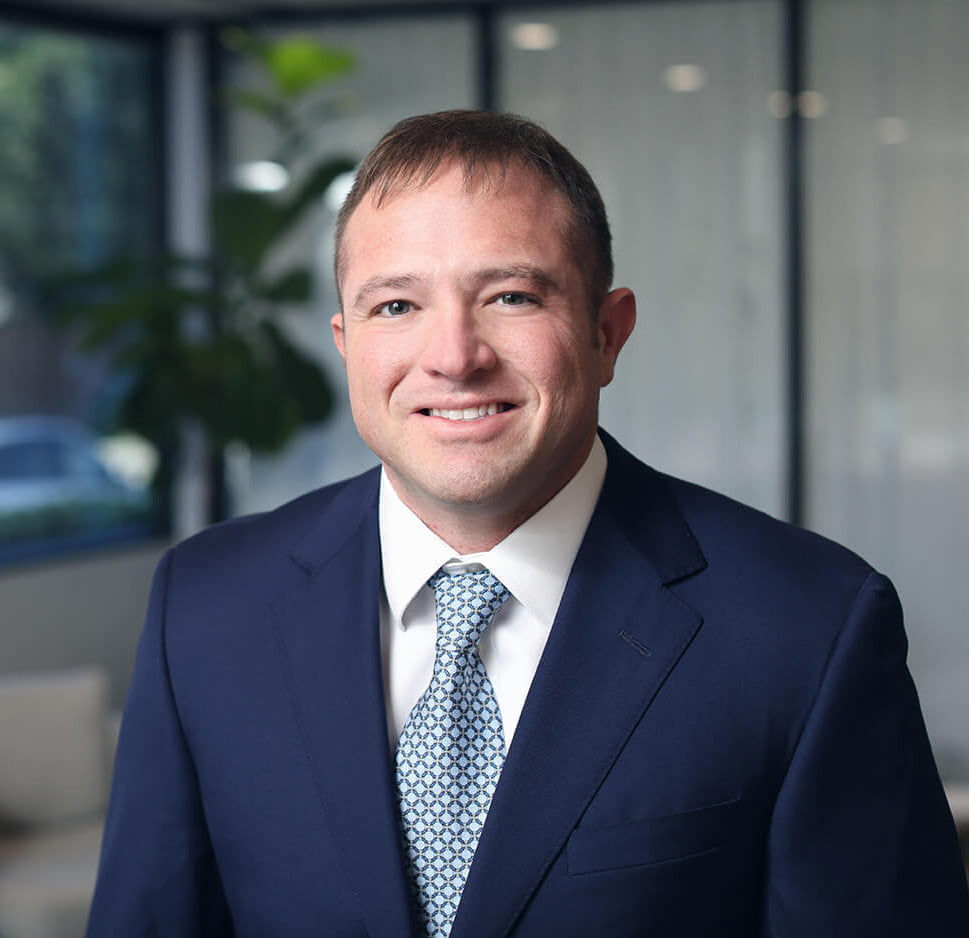Both substance use disorders and mental illnesses are serious health issues that impact millions of people in the United States. Individually, substance use disorders, including addiction, and mental illness account for serious family, financial, educational and health problems. Combined, they can be devastating. When someone is diagnosed with both a substance use disorder and a mental illness at the same time, it is called Dual Diagnosis.
Dual Diagnosis is not uncommon. In fact, the 2018 National Survey on Drug Use and Health recorded 9.2 million Americans over the age of 18 with both a substance use disorder and a co-occuring mental illness. While dual diagnoses can take many forms, DualDiagnosis.org lists the following as some of the most common co-occurring disorders:
- Alcohol addiction with Panic Disorder;
- Cocaine addiction with Major Depression;
- Alcohol addiction and poly-drug addiction with Schizophrenia;
- And Episodic poly-drug abuse with Borderline Personality Disorder.
Other common co-occurring mental illnesses are Bipolar Disorder, Schizoaffective Disorder, Generalized Anxiety Disorder (GAD), Post Traumatic Stress Disorder (PTSD), Obsessive Compulsive Disorder (OCD), Attention Deficit Hyperactive Disorder (ADHD) and Eating Disorders (AddictionCenter.com).
Remember, only a professional can diagnose a co-occuring mental illness and substance use disorder, but there are warning signs. They vary widely from person to person depending on the drugs being used and the presenting mental illness(es). Here are some things to watch for:
- Any sudden change in general behavior;
- Neglecting grooming and hygiene;
- Neglecting health;
- Avoiding social activities and events that were once enjoyed;
- Difficulting managing daily tasks and responsibilities;
- Suicidal thinking or behaviors;
- Erratic, impulsive or violent behavior;
- Refusal to seek or stick to treatment;
- Delusions or other cognitive impairments;
- Disillusioned thinking or hopelessness;
- Issues managing finances;
- Poor performance at work or school (AddictionCenter.com).
Here’s a bit of emphasis. These warning signs may be pointing to a very serious, potentially life-threatening issue. If you see these warning signs in yourself or someone you love, seek help. If you know that substances are involved, seek treatment for dual diagnosis. It’s that simple. It can be easy to get caught up in the question of which came first — the drugs or the depression, but the truth is, that’s a bit like trying to figure out the “chicken or the egg” riddle, and it’s a distraction. Several overlapping elements can aggravate both including brain responses, environmental triggers, genetic dispositions, and early onset of drug use. The most important thing is to focus on the warning signs and seek help.
The great news is that help IS available. Dual Diagnosis treatment takes a combination of expertise and a commitment to ongoing education and integrated collaborative treatment planning. There are different levels of care including Inpatient/Residential, Partial Hospitalization, and Intensive Outpatient settings, and determining which is necessary is an important part of the journey that a professional can help you figure out.* When seeking treatment for a dual diagnosis, education and training is the first thing to look at. Staff at the facility should include psychiatric professionals and addiction therapists with postgraduate degrees and specialized training in the treatment of co-occurring disorders. Additionally, there should be close collaboration between all professionals involved in the care of patients. Keeping in mind that different levels of care will have different offerings, here are some other things to consider:
- The program includes individual and group counseling for psychiatric and addictive disorders;
- There is access to pharmacological therapy for psychiatric issues;
- There is access to holistic recovery services like acupuncture, hypnotherapy, equine therapy, or massage (DualDiagnosis.org).
Let’s sum up. Dual Diagnoses are not uncommon, and they can be dangerous – even life-threatening. You don’t have to know what co-occurring disorders you or your loved one are dealing with. If you see any of the warning signs listed above, reach out for help. Recovery is absolutely possible and well-trained, qualified professionals can help you sort out the details and help you find the help you need.
*We are available to help at 713-659-0586. You can also call the Substance Abuse and Mental Health Services Administration (SAMHSA) Helpline at 800-662-4357 and TTY 800-487-4889.
Dr. Allaire received his Bachelors of Science in Biology from the University of Houston, as Valedictorian of the College of Natural Sciences and Mathematics, and his Medical Doctorate from Baylor College of Medicine, where he served as Chief Resident. He is the medical monitor for the Physician Counseling Committee of the Harris County Medical Society and the Medical Director of Serenity House Detox. Dr. Allaire specializes in medically assisted detox cases, treating patients in recovery from addiction or other mental health disorders, the medical assessment and monitoring of patients with addictive disorders, medical care related to eating disorders and the medical treatment of patients with mental health conditions.



